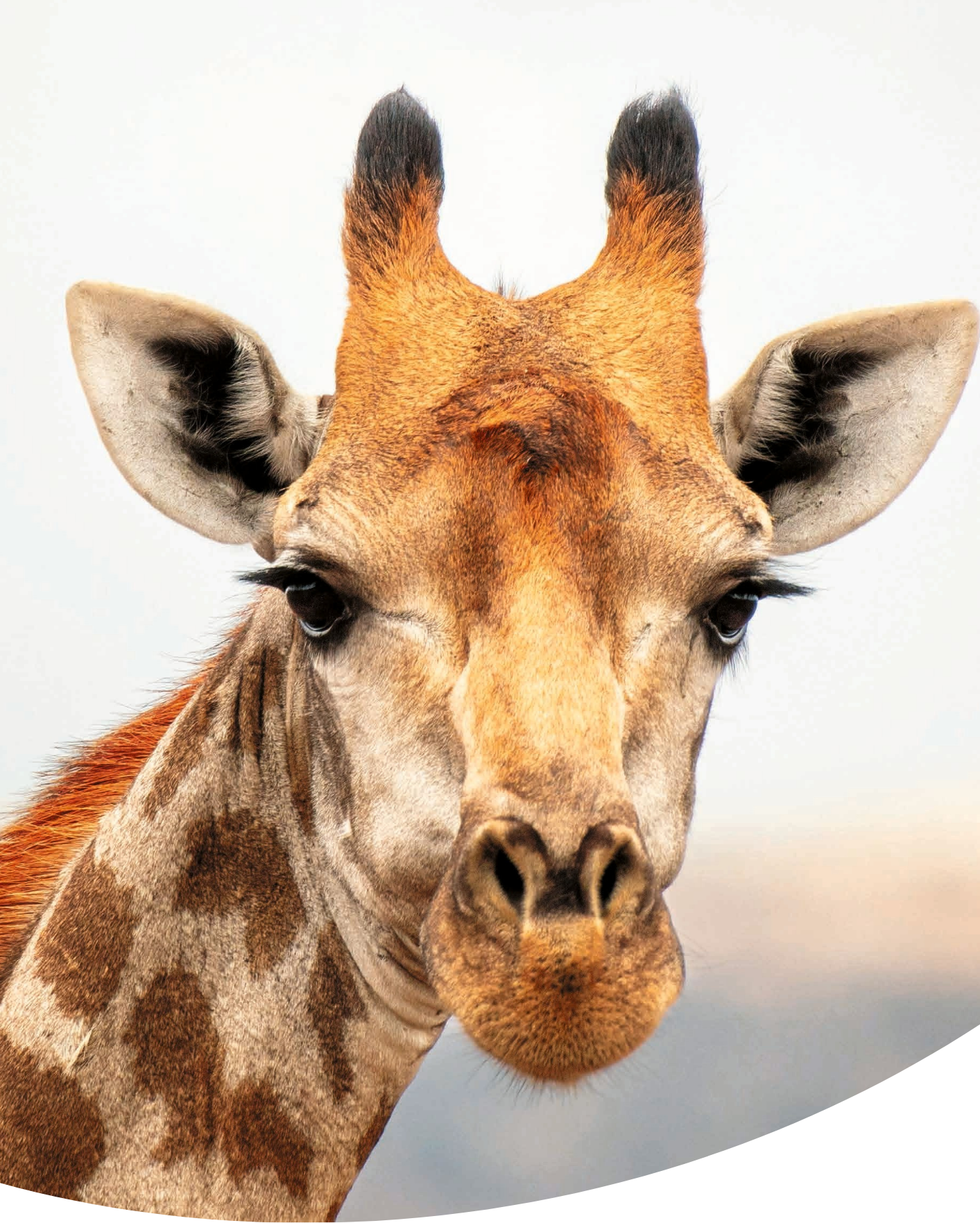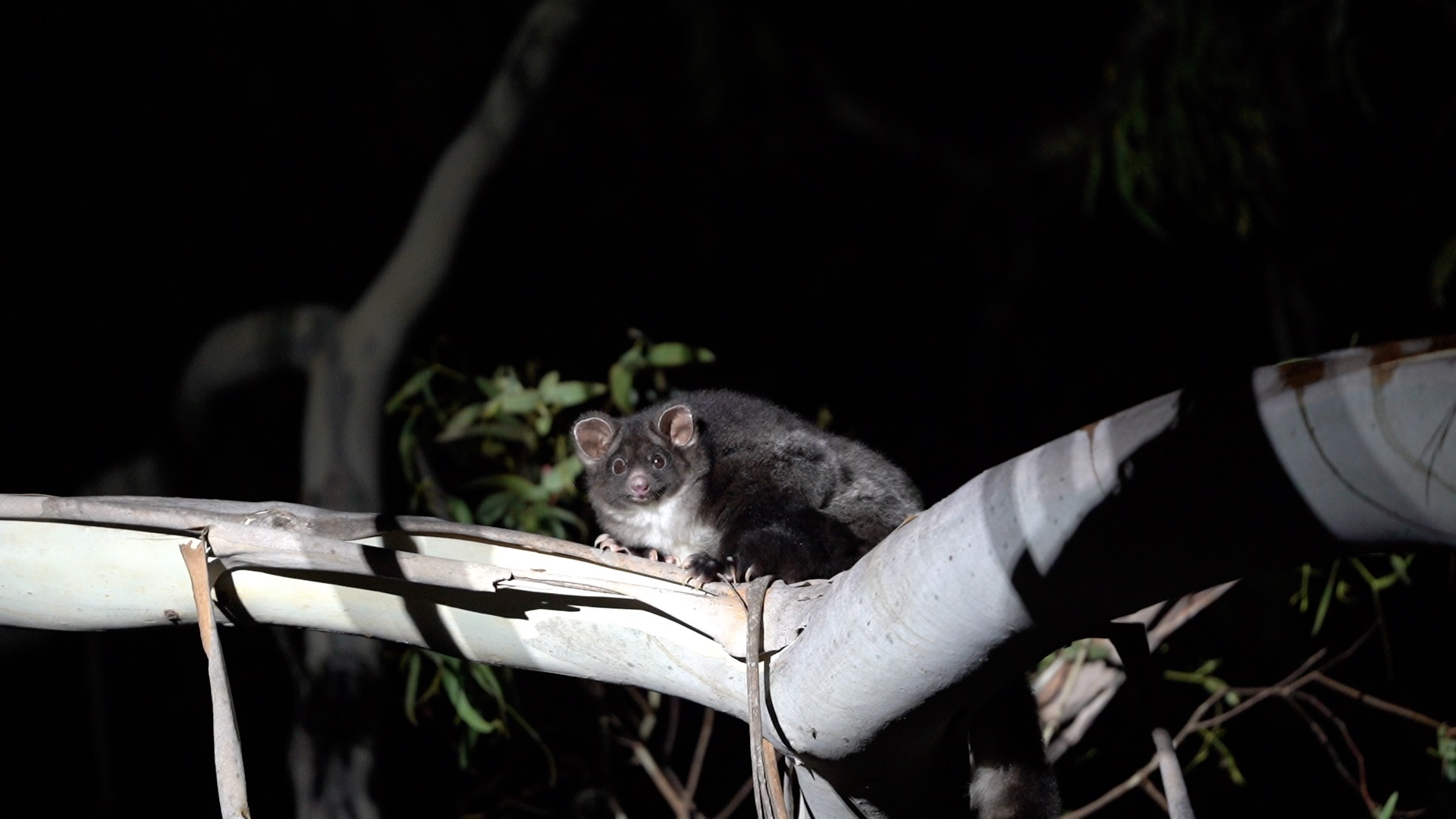Find out more about our work on federal environment reforms, the recent victory in protecting whale sharks, an update on our partner projects and lots more.
Environment Minister Sussan Ley has today announced that Australia plans to further safeguard 127 protected reptile species by listing them under Appendix III of CITES (Convention on International Trade in Endangered Species of Wild Fauna and Flora). All 127 species have been identified as being at risk from illegal export for the pet trade.
Conservation organisation Humane Society International (HSI) proposed the Appendix III listing of the reptiles in 2020. Sadly, Australia’s outstanding reptile fauna is highly sought after in the international pet trade, as indicated by regular seizures. The 127 species to be listed on CITES include a colourful array of blue tongue lizards, skinks and geckos whose unique features can see them fetch thousands of dollars from collectors.
Export of these animals is already prohibited under Australia’s environment laws yet the species are routinely advertised on pet trade websites and Facebook groups in Europe. The CITES Appendix III listings requires countries to report imported animals to help Australia track illegal trade.
Alexia Wellbelove, Senior Campaign Manager for HSI, said, “The listing is welcome news for these at-risk reptiles to help keep them in the wild where they belong. The illegal trade in reptiles is often cruel, where live animals are bound with tape and stuffed into socks or small containers before being shipped abroad with no food or water. Many do not survive the journey. This listing is another weapon in our arsenal against the illegal international trade of live reptiles.”
Listing on Appendix III is an important international signal that Australia will not stand for this cruel trade which is threatening these populations. HSI is optimistic that this is the first step towards listing on CITES Appendix I which will ensure a formal ban on international trade in these highly desirable species.


